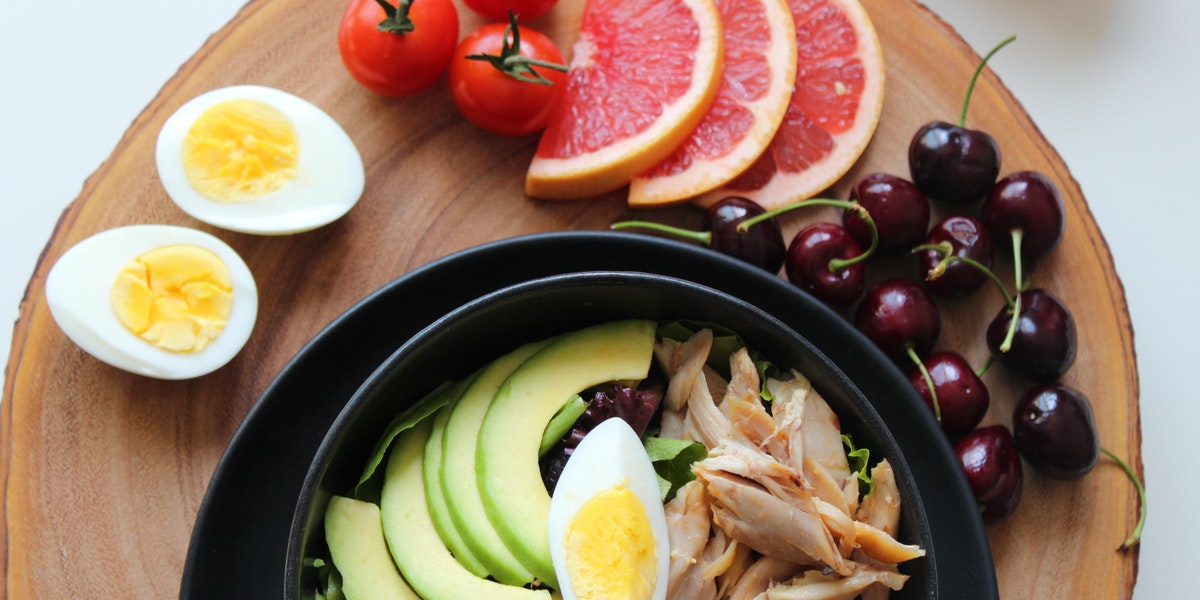Anxiety and depression go hand in hand. About half of those who struggle with depression also struggle with anxiety. Depression is a mood disorder that causes feelings of sadness and loss of interest. Anxiety is defined as intense, persistent worry, and it can be accompanied by physical symptoms like fast heart rate, rapid breathing and sweating.
A growing body of research suggests that healthy lifestyle habits can be powerful tools in managing both depression and anxiety. Food can support overall mental health and prevent blood sugar swings that make these symptoms worse.
As a holistic Arizona drug rehab, Wolf Creek Recovery supports a healthy diet. Let’s learn more about what you should be eating to protect your recovery – and your mental health.
How Good Nutrition Impacts Addiction Recovery
Some people think that good nutrition is overrated, but it’s an important tool in maintaining good mental and physical health. If you don’t eat well, it can make your recovery more difficult because you won’t feel as good and you won’t have the energy to fight cravings.
As you start drug rehab in Arizona, here are some of the ways that good nutrition will impact your recovery:
- Regulate blood sugar levels. If your blood sugar is too high or too low, you can experience increased feelings of restlessness, anxiety or low energy. Eating regular, balanced meals prevent blood sugar swings.
- Increase serotonin. Some foods may help the body produce more serotonin, which can help symptoms of depression. Serotonin is a neurotransmitter that regulates mood, sleep and appetite.
- Maintain a healthy gut. Keeping the gut healthy is believed to play a role in overall mood and mental health. Since serotonin lives mostly in the digestive tract, it’s important to eat serotonin-boosting foods like Greek yogurt and kefir.
- Vitamins and nutrients. Eating the right foods will also supply your body with the appropriate vitamins and nutrients. Vitamin D has been shown to improve mood and fight depression and anxiety, while Vitamin B12 and folate enhance the production of serotonin and dopamine.
Best Foods to Include in Your Recovery Diet
As you enter outpatient rehab in Arizona, it’s important that you eat a healthy diet. Your body is repairing itself, and it needs the appropriate nutrients to do this. We recommend eating small meals throughout the day so that you keep blood sugar levels consistent and avoid hunger and thirst.
We recommend adding the following foods to your recovery diet:
- Poultry and fish. Aside from being a lean protein, poultry and fish also contain an amino acid called tyrosine. Tyrosine creates neurotransmitters like dopamine and norepinephrine.
- Bananas. Bananas are a great snack, especially if you’re on the go. They contain tryptophan, which promotes relaxation and good sleep.
- Berries. Blueberries, strawberries and raspberries are packed with antioxidants that remove toxins from the body and support good immunity.
- Vegetables. A vegetable-rich diet will help you restore proper nutrition. You can also expect to see other benefits, such as improved skin and hair.
- Fiber-rich foods. Fiber-rich foods like whole grain pastas and breads will help restore your digestive system.
As long as you’re eating a diet that contains plenty of fresh fruits and vegetables, low-fat dairy, lean protein and whole grains, you are doing right by your body. These foods won’t just keep you feeling full, but also they will nourish your body with the proper nutrients. For a treatment center in AZ that promotes holistic healing, contact Wolf Creek Recovery today!

Finding purpose in pain is what Jonathon does best. He is a strong advocate for those suffering from substance use disorders. As a person in recovery, Jonathon knows how important it is to receive empathy and compassion. He recognizes that each person comes from a different set of circumstances and deserves to be valued and respected.
With a fresh perspective and compassionate attitude, Jonathon works closely with clients to help them let go of the past and know when to take necessary risks. The recovery process is ongoing, which means people need to move forward while applying the skills learned in treatment. Jonathon is a great motivator when it comes time for this!
Jonathon also places emphasis on the family unit and how it can make or break the recovery experience. Individuals with active, supportive families have far better outcomes. Jonathon realizes that it’s impossible to move mountains overnight, but with the right support team and positive attitude, anything is possible.









